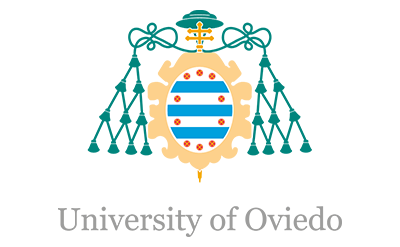University of Oviedo
University of Oviedo
The University of Oviedo (UNIOVI) is the public higher education and research institution of the Principality of Asturias. With a history of over 410 years, it offers a comprehensive range of degrees in all fields of knowledge, adapted to the European Higher Education Area (EHEA). It also provides bilingual pathways, dual degrees with international universities, and Erasmus Mundus and inter-university master’s degrees.
UNIOVI accounts for 80% of the R&D&I activity in the region of Asturias and has state-of-the-art facilities and equipment to foster knowledge transfer to the industrial sector. The revenue generated from scientific output is estimated at around 40 million euros per year and it has more than 500 contracts and/or agreements with companies to carry out research projects and knowledge transfer.
About 2,000 people are involved in research at UNIOVI and work in 173 accredited groups. UNIOVI also has institutes and centres covering a wide range of topics, from space technologies to neuroscience, biotechnology, or oncology. UNIOVI collaborates closely with the most prominent companies and institutions in the region and the country.
UNIOVI is an institution firmly committed to the Sustainable Development goals and objectives set by the United Nations 2030 Agenda. Moreover, it was a pioneer in Spain, at the end of the 19th century, in breaking down academic barriers to bring education and culture to all social classes, through the area of University Extension and Cultural Outreach. The Asturian institution organises more than 170 cultural activities every year, including performing arts, concerts, lectures, competitions and awards, learning spaces, exhibitions, conferences, round tables, or book launches.
Some figures help to understand the broad potential of UNIOVI
- 66 bachelor’s degrees (3 dual and 19 bilingual)
- 75 university master’s degrees
- 6 Erasmus Mundus master’s degrees
- 30 doctoral programmes
- 63 UNIOVI specific degrees
- 17 faculties and schools
- 38 departments
- 2,000 researchers and professors
- 1,000 administration and service workers
